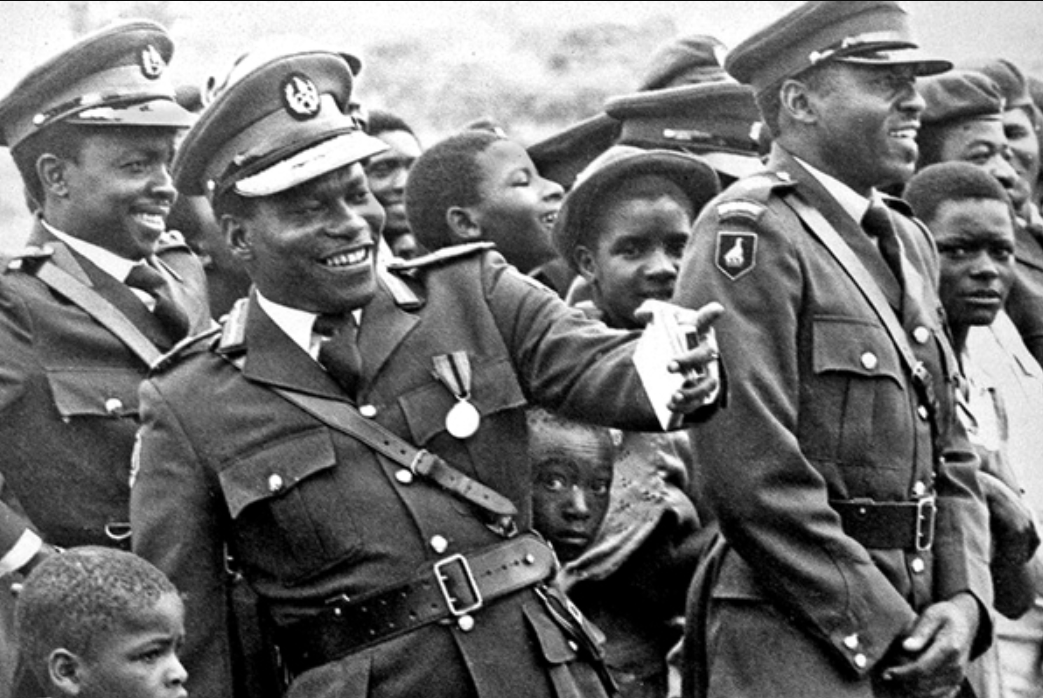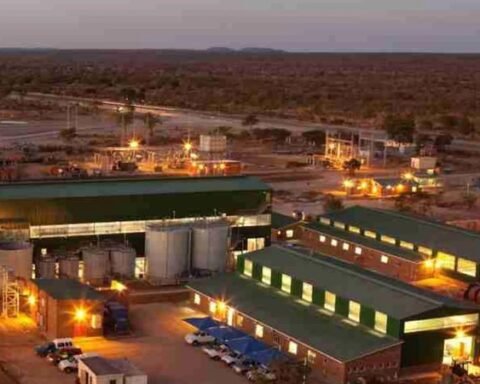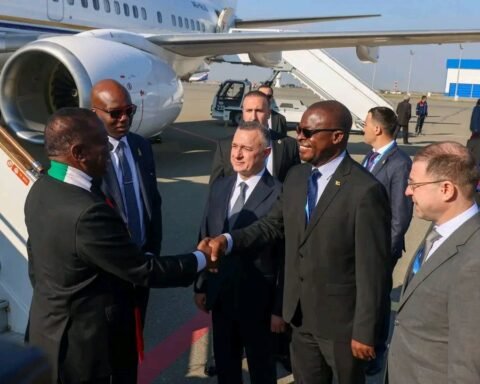The Gukurahundi operation remains a deeply controversial and painful chapter in Zimbabwe’s history, and its legacy continues to be felt in the country today. Recently, three human rights advocates were arrested in Zimbabwe for speaking out about the operation. Thamsanqa Ncube, the Deputy Chairperson of Ibhetshu Likazulu, Melusi Nyathi, a founding member of the same NGO based in Bulawayo, and Samkeliso Tshuma, the founder and director of The Girls Table, an NGO that advocates for the rights of women and girls, were all arrested and charged with “participating in a public gathering” with the intent of promoting violence.
The Gukurahundi operation, also known as the “Matabeleland Massacres,” was a series of atrocities committed by the Zimbabwe National Army (ZNA) against the Ndebele people in the Matabeleland and Midlands regions of Zimbabwe in the 1980s. The operation, which lasted from 1983 to 1987, resulted in the deaths of an estimated 20,000 people, most of whom were unarmed civilians.
The Ndebele people, who were targeted by the ZNA during the operation, have long felt marginalized and discriminated against by the government, and the traumatic events of the 1980s have exacerbated these feelings. Many Ndebele people believe that the operation was an attempt by the Shona-dominated government to suppress their culture and political power.
The arrests of Ncube, Nyathi, and Tshuma on Unity Day as they called for national peace and sought to honor the victims of the Gukurahundi massacres marks the latest attempt by the authorities to silence those who want to keep the victims’ memories alive. The death toll of the operation is disputed, and estimates of the number of people who were killed vary widely.
One of the reasons why the death toll is disputed is that there was no official record-keeping of the number of people who were killed during the operation. Many of the victims were buried in mass graves, and there was little effort to document their deaths or identify the bodies. This has made it difficult to determine the exact number of people who were killed.
In recent years, there have been calls for the government to acknowledge the harm that was done during the operation and to take steps towards reconciliation and healing. However, these efforts have been met with resistance from some quarters, including members of the ruling ZANU-PF party.
Some have argued that acknowledging the Gukurahundi atrocities would be tantamount to undermining the country’s independence struggle and the sacrifices made by ZANU-PF fighters. There have also been concerns about the lack of accountability for the crimes committed during the operation. Many of the perpetrators have not been brought to justice, and there has been little effort to provide reparations or support for the victims and their families.








